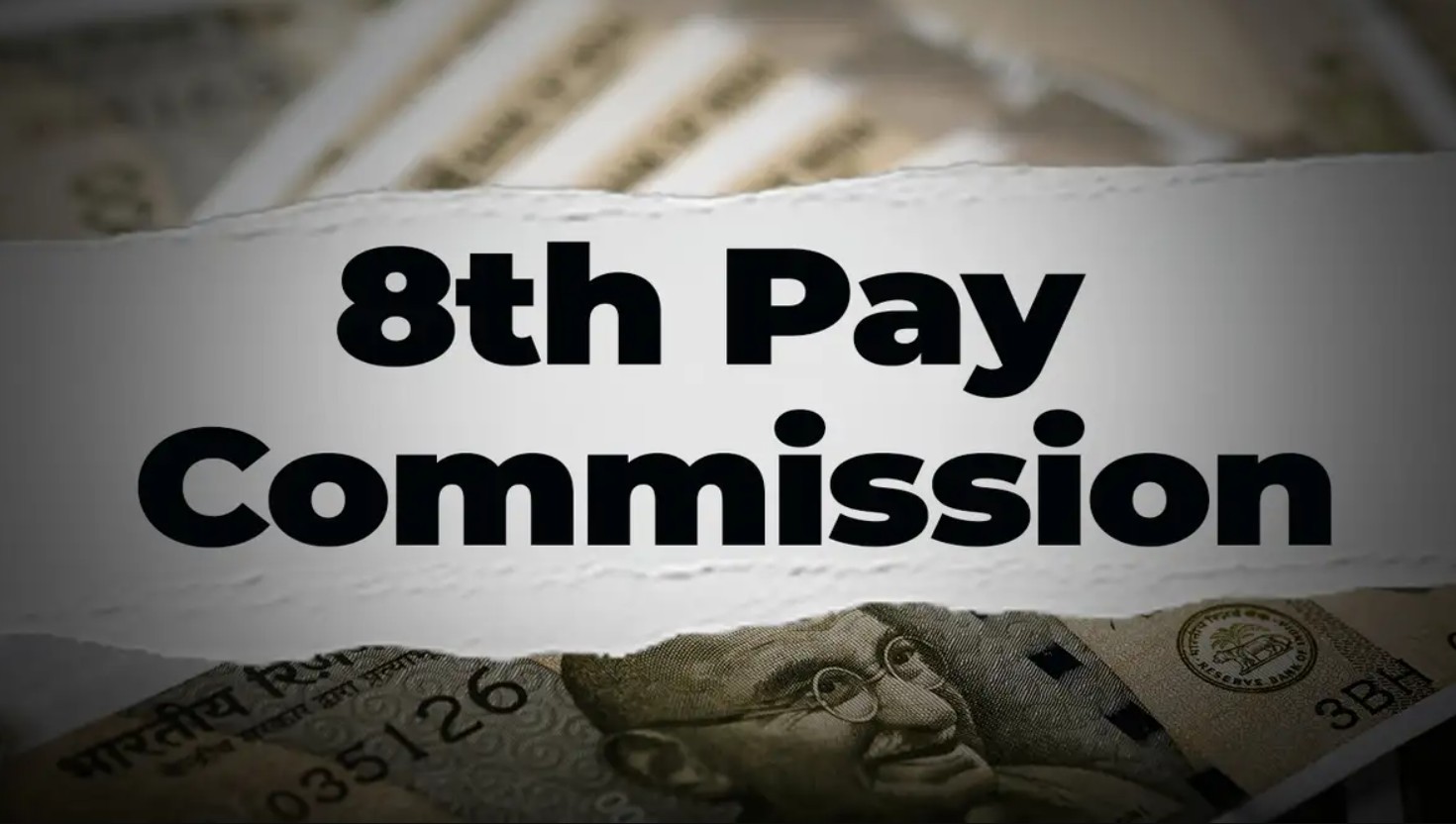Union Cabinet Approves Formation of the 8th Pay Commission for Central Government Employees
Union Cabinet Approves Formation of the 8th Pay Commission for Central Government Employees
The Union Cabinet has approved the formation of the 8th Pay Commission, which will focus on revising the salaries and allowances of central government employees, as well as the pensions of retirees. This significant decision was made during a Cabinet meeting chaired by Prime Minister Narendra Modi, as announced by Union Minister Ashwini Vaishnaw. The next steps include the appointment of the Commission’s chairman and two members, which will be announced shortly.
A Pay Commission is constituted by the central government approximately once every decade to evaluate and update the salary structure for its employees. Apart from adjusting the salaries, each Pay Commission also outlines a term of reference (ToR) that defines its scope of work. This typically includes revisions to pension schemes. The 7th Pay Commission, which was established in 2016, is set to complete its tenure in 2026.
Historically, Pay Commissions have been introduced at roughly 10-year intervals to update the pay scales, allowances, and pensions of government workers. In addition to the pay structure changes, there have been speculations that the government might explore alternatives to the traditional Pay Commission system in the future.
What is a Pay Commission?
A Pay Commission is a key institution in India, responsible for determining the salary structure, allowances, and other financial benefits for government employees. The recommendations made by the Pay Commission directly impact millions of central government workers and pensioners across the country, ensuring they receive appropriate compensation aligned with economic conditions.
#WATCH | Delhi: Union Minister Ashwini Vaishnaw says, “Prime Minister has approved the 8th Central Pay Commission for all employees of Central Government…” pic.twitter.com/lrVUD25hFu
— ANI (@ANI) January 16, 2025
Who Benefits from Pay Commissions?
The 7th Pay Commission primarily covers central government employees, including those working in the civil services of the central government and individuals whose salaries are paid from the Consolidated Fund of India. Notably, employees of Public Sector Undertakings (PSUs) and autonomous bodies are not included under the Pay Commission’s purview. For instance, employees of Coal India do not fall under the 7th Pay Commission’s jurisdiction. These employees follow separate pay scales set by their respective PSUs.
Key Details About the 8th Pay Commission
- Authority: The Department of Personnel and Training will oversee the implementation of the 8th Pay Commission.
- Proposed Fitment Factor: The proposed fitment factor for salary revisions under the 8th Pay Commission is 2.28.
- Dearness Allowance: The dearness allowance is expected to rise to 70% by 2026.
- Implementation Date: The 8th Pay Commission will be effective from January 1, 2026.
- Minimum Wage Increase: The minimum wage is set to increase from ₹18,000 to ₹41,000.
- Beneficiaries: The pay revision will benefit central government employees as well as retirees.
Notable Changes in the 7th Pay Commission
The 7th Pay Commission brought significant changes, including a revision in the fitment factor. Employee unions had requested a fitment factor of 3.68, but the government settled on 2.57. The fitment factor is used to calculate the salary and pension amounts for government employees. As a result, the minimum basic pay for government employees was raised to ₹18,000 per month, up from ₹7,000 under the 6th Pay Commission. Additionally, the minimum pension increased from ₹3,500 to ₹9,000, while the maximum salary was capped at ₹2,50,000 and the maximum pension at ₹1,25,000.
Future Expectations for Central Government Employees
The announcement of the 8th Pay Commission is timely, given that the 7th Pay Commission’s term will end in 2026. This decision follows calls from employee unions for an immediate revision of pay and pension structures. The All India State Government Employees Federation, for example, announced that they would launch a nationwide protest if their demands were not met. While the government had initially ruled out any immediate formation of a new Pay Commission, the decision to establish the 8th Pay Commission has provided much-needed relief.
Challenges for the 8th Pay Commission
Despite the excitement surrounding the establishment of the 8th Pay Commission, there are several challenges ahead. The Commission must balance employee expectations with the government’s financial capacity. The government faces the task of ensuring that the pay revisions are both fair and sustainable, considering the broader economic conditions. This will require careful planning and coordination to ensure that the needs of both employees and the government are addressed in a way that is equitable and economically viable.
Pressure for Prompt Action
The National Council (Staff Side) Joint Consultative Machinery (NC JCM) had previously written to the Union Cabinet Secretary, urging the immediate establishment of the 8th Pay Commission. The NC JCM emphasized that it has been nine years since the 7th Pay Commission recommendations were implemented, and the next wage and pension revision is overdue, set to take effect from January 1, 2026.
As the central government moves forward with the formation of the 8th Pay Commission, it remains to be seen how the Commission will address the concerns of employees while balancing the financial health of the country. The upcoming years will likely be marked by continued discussions and negotiations to finalize the details of the new pay structure.
Also Read- 10 Less Known and Crowd free Places in India where you can have a calm Trip.
